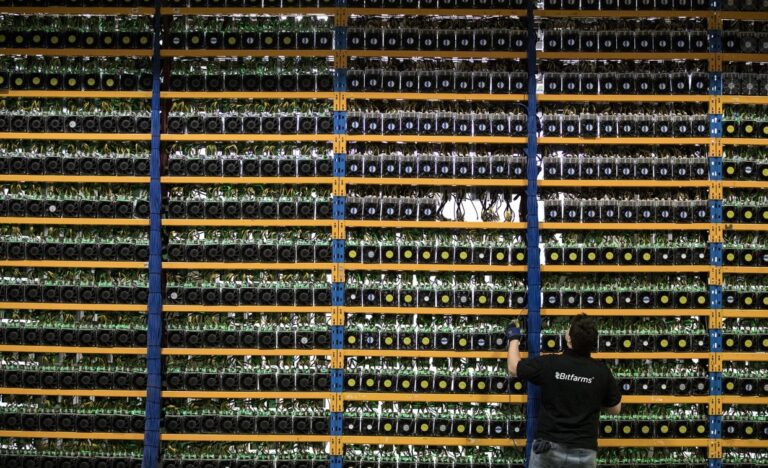For years, Bitcoin miners toiled, fueled by the promise of block rewards – newly minted coins earned for validating transactions. But a recent trend is changing that, with transaction fees quietly usurping block rewards as miners’ primary source of revenue. This change, although unexpected, presents both opportunities and challenges for the future of Bitcoin.
Bitcoin: transaction fees on the rise
Ki Young Ju, CEO of cryptocurrency analytics firm CryptoQuant, recently highlighted a significant shift in the Bitcoin mining landscape. Transaction fees, once a minor contributor to miners’ revenue, have seen a dramatic increase. According to data from CryptoQuant, transaction fees now represent more than 7% of miners’ total revenue, a stark contrast to the meager 1% reported just two years ago.
Create apps on #Bitcoin has significantly changed the revenue streams of miners.
Transaction fees now represent more than 7% of their total revenue, up from 1% two years ago.
This trend has persisted for four weeks and could potentially strengthen the network’s fundamentals. pic.twitter.com/YVbdmLXB5c
– Ki Young Ju (@ki_young_ju) May 7, 2024
A boon for network stability?
This increase in transaction fees is not only intended to increase miners’ profits; this has the potential to have a significant impact on the overall health of the BTC network. The growing number of applications built on the Bitcoin blockchain translates into more transactions and, therefore, higher fee revenue for miners.
This, in turn, could encourage continued mining activity even if block rewards are halved approximately every four years – a pre-programmed mechanism designed to control the total supply of Bitcoin.
BTC market cap currently at $1.23 billion. Chart: TradingView.com
The double-edged sword of fees
Rising transaction fees are a double-edged sword for Bitcoin. While this provides miners with a more sustainable source of income and potentially increases network security, it also raises concerns about transaction speed and user experience.
As miners prioritize profit maximization, they might be tempted to favor transactions with higher fees, which would slow processing times for regular users and potentially increase overall transaction costs.
BTCUSD price action in the last seven days. Source: CoinMarketCap
A ripple effect across the entire ecosystem
The changing dynamics of crypto mining extend beyond just miners. A paid network could have a ripple effect across the entire Bitcoin ecosystem. Investors and users may need to adjust their strategies as transaction costs fluctuate. The valuation of the crypto asset itself could also be affected, with increased fees possibly deterring new users from entering the market.
Navigating the new frontier
Rising transaction fees mark a new frontier for Bitcoin. While this presents exciting possibilities for miner profitability and network stability, it also requires careful consideration of the potential downsides.
Finding the right balance between miner incentives and user experience will be crucial to Bitcoin’s continued success. Stakeholders in the ecosystem, from miners and developers to investors and users, will need to adapt and innovate to ensure a future of Bitcoin that is safe, efficient and accessible to all.
Featured image from Futuros Abrelatam, TradingView chart


